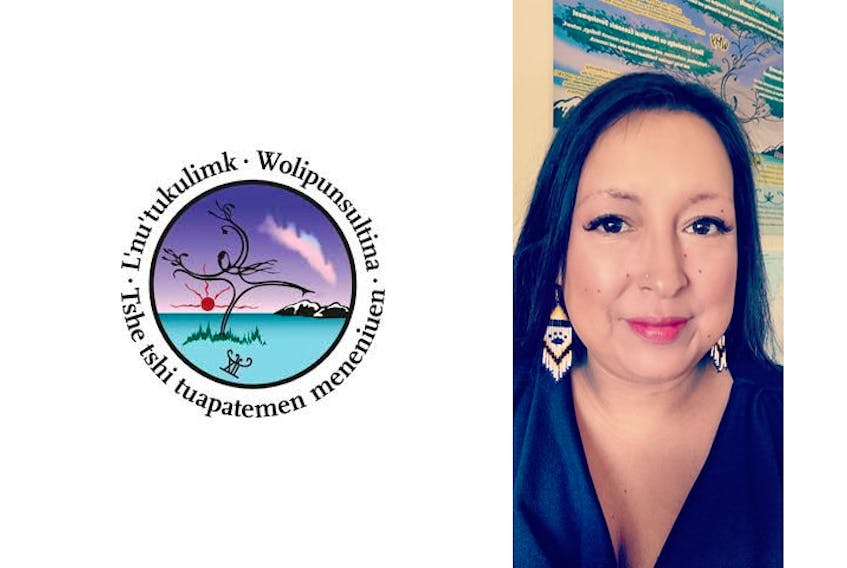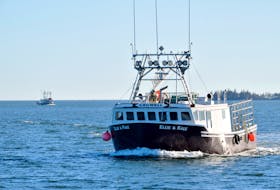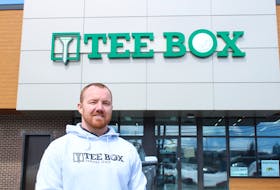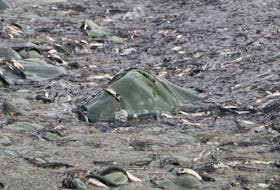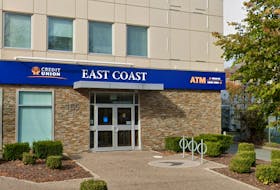Krista Thompson knows the challenges Indigenous women in business face. More than that, she lives them.
“You have to take it upon yourself for your own economic self-sufficiency,” said Thompson, a businesswoman from the Paqtnkek Mi’kmaw Nation in northeastern Nova Scotia and a former director of economic and community development with Pictou Landing First Nation.
“If you’re an Indigenous woman from a community who is isolated and maybe not having a degree or a car or childcare, maybe I can’t get employment in the town closest to me or in my community, so I have to create my own employment. It’s because of geography. It’s because of experience. It’s because of childcare. It’s because of transportation. Those are all barriers that challenge women to have to come up with another way to create revenue for their families.”
Thompson is the director of the Atlantic Aboriginal Economic Development Integrated Research Program (AAEDIRP). It recently released a new report examining the challenges facing Indigenous women in business and highlighting supports necessary to realize their full potential. It draws upon interviews conducted with representatives of support organizations and 34 Indigenous businesswomen spanning all four Atlantic provinces.
The report’s findings will inform discussions at a virtual conference in the new year, during which participants will develop proposals for change.
“We want to implement the recommendations of the report, which is access to funding, having a peer-to-peer network, mentoring opportunities and knowing all of the resources that are available to them in Atlantic Canada, because there are quite a few,” Thompson said.
Engaged in business

The report notes that 39 per cent of Indigenous businesses in Atlantic Canada are women-owned. Nationally, Indigenous women are twice as likely to be engaged in business as are non-Indigenous women. Thompson said the need for self-sufficiency factors heavily into that.
While there are a lot of organizations engaged in work to encourage business opportunities for Indigenous women in the region, Thompson said those groups have largely operated in silos.
“A lot of the recommendations, the work is being done, but it’s not accessible,” she said. “The conference is really hoping that we’re going to have a network at the end ... and as a result of this paper.”
The conference will look at financial management, financial literacy, e-commerce literacy and awareness of funding supports. It will also address mental health, intergenerational trauma, caregiver responsibilities, addictions, self-care and leadership. Thompson hopes this work will encourage Indigenous women to take the next step in moving their business forward or starting a new one.
“We’re going to be in 27 communities in the Atlantic region,” said Thompson regarding the conference, which is being held on consecutive Saturdays, Feb. 20 and 27. “It’s a virtual conference, and this is very exciting, because we’ve never done this before.”

